RESEARCH AREAS
Dr. Ratnesh Jain
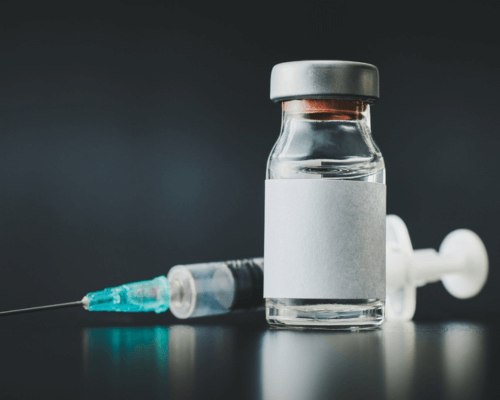
Characterisation of Proteins, Biologics and Biosimilars
Biophysical characterization of biological drugs is essential in ensuring product consistency, quality, and purity across various batches. This is carried out via multiple orthogonal analytical techniques. Researchers at NRG are working on developing Multi-Attribute monitoring methodologies for biotherapeutic characterization such that characterization becomes more economical and efficient. We also work on development of Biosimilars, drugs that are nearly identical to their reference biologics regarding their safety, efficacy, side effects, and immunogenicity. They are emerging as an affordable class of drugs for many life-threatening conditions.
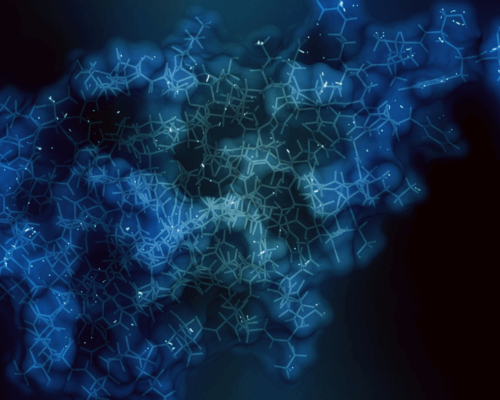
Synthesis and evaluation of biomaterials
Biodegradable polymers, proteins, and nucleic acids for drug delivery, cosmetic, biomedical and industrial applications. We utilize various sensitive and specific analytical techniques for the detection of chemical and physical instabilities, protein aggregations and degradation. We specifically work on orthogonal approaches and development of Multi-Attribute Monitoring methodologies for Biotherapeutic Characterization in order to make biotherapeutics more affordable.
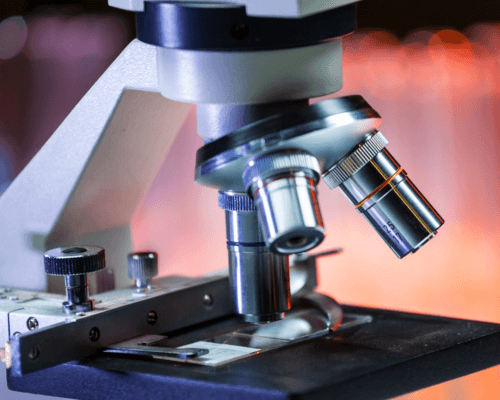
Material-Protein Interactions
Interaction of proteins with various biomaterials, forms the basis of subsequent processes such as differentiation, cell growth, formation of an extracellular matrix. In the med-tech sector, studying the behaviour of proteins plays a vital role in understanding the nature of a tissue-implant surface. Proteins that get adsorbed onto the surface of these implanted biomaterials can influence the properties of the biomaterial surface and its degradation. Moreover they can also influence processes like blood coagulation, complement activation, and bacterial and cell adhesion.
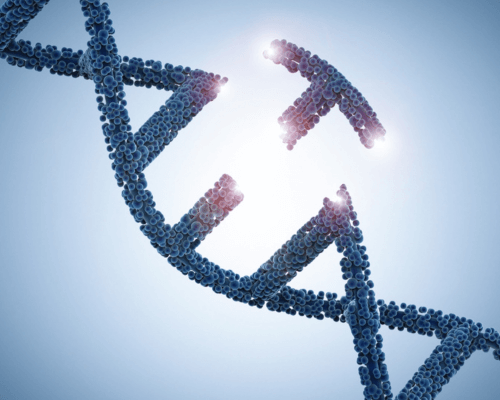
Cell Culture Engineering
Large scale manufacturing of biologics requires high-yield protein producing cell lines engineered for increased productivity and stability. This is quite a time consuming process; Thus engineering cell lines to ensure Efficient cell culture processes helps with increasing the affordability of these therapeutic proteins. Researchers at the NRG work on engineering CHO cell lines for the production of biosimilars, which ensure stable gene expression and accurate post-translational modifications.

Continuous process for polymeric/metal nanoparticles synthesis
Researchers at the NRG work on development of Nano-drug delivery systems and tools, equations and DoE approaches for the best possible nanoparticle candidates. Moreover, our research focus includes the development of continuous processes for nanoparticle synthesis and affordable instruments for rapid prototyping of nanoparticles and processes of nanoparticle synthesis.
Dr. Prajakta Dandekar Jain
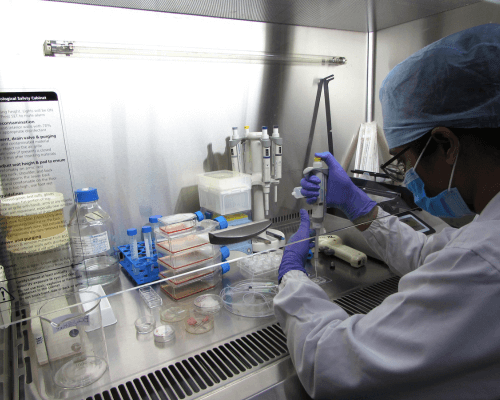
3D Cell Culture, Organ-on-Chip and Tissue Engineering
These technologies provide a better representation of the in-vivo human physiology and the micro-environment of specific organs while also reducing the reliance on animal models in the drug discovery pipeline. These 3D models and microfluidic devices hold immense potential in the realm of preclinical testing, understanding disease progression, pharmacokinetic studies, toxicity and efficacy studies.
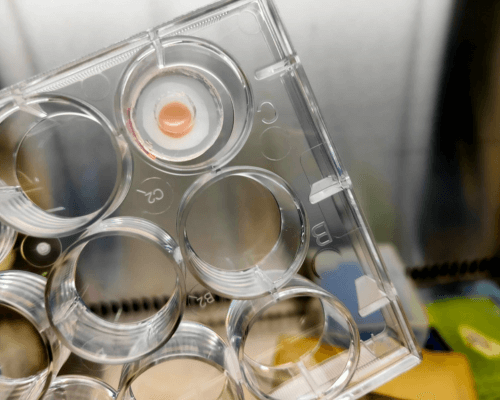
High-throughput cellular models for toxicity, efficacy and bioassays
We are optimizing various cell-based models (A549, HT-29, CaCO-2, CHO, HeLa, etc.) to understand the toxicity pattern of various materials, chemicals, pharmaceuticals. Researchers at NRG are also developing bioassays for biopharmaceutical development (Proliferation, Apoptosis, Phagocytosis, CDC and ATCC, Downstream signalling, Gene reporter, etc.)
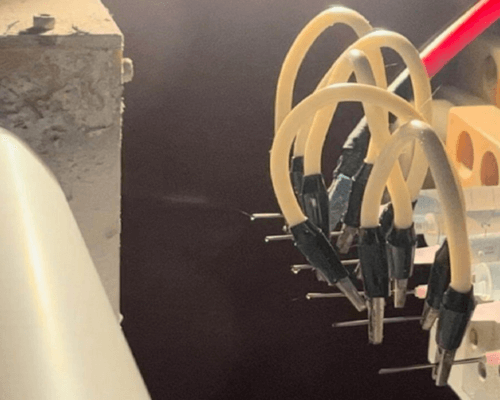
Leveraging Nanotechnology in Biomedical Applications
The primary concern during wound healing is the risk of infection due to the long recovery time. Researchers at NRG are working on developing electro-spun nanofibers to aid in wound healing, and prevent the risk of infection.
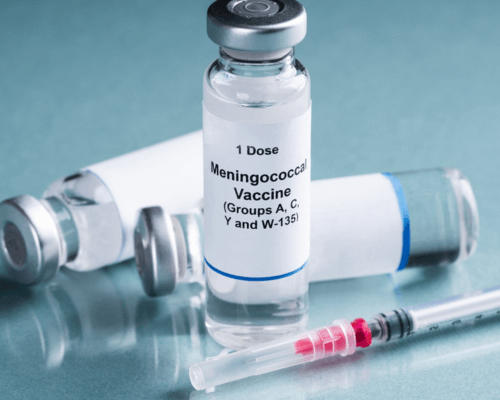
Biomaterials for drug and nucleic acid delivery
It is imperative to deliver drugs to their target site while maintaining their efficacy. At NRG, researchers are working on developing nanoparticle-based carriers to package and deliver sensitive drug molecules.
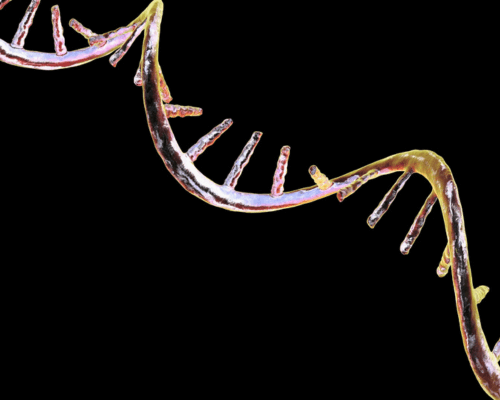
RNA therapeutics and Nanomedicine
Researchers at the NRG are working on developing siRNA and CRISPR-based therapeutics against infectious diseases and cancer. si-RNA offers the ability for sequence-specific gene-silencing which has immense potential as a therapeutic approach for genetic diseases and cancers. The advent of CRISPR has revolutionized genetic engineering forever, giving scientists a versatile ability to ‘cut’ and ‘paste’ sections of the genome. Although in the early stages, these technologies are paving the way towards the future of medicine.